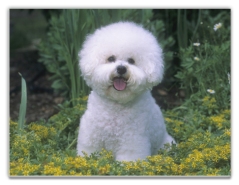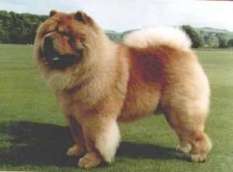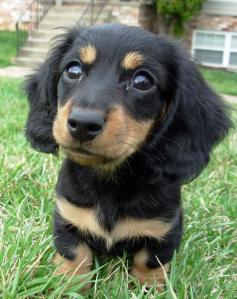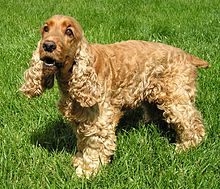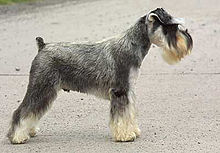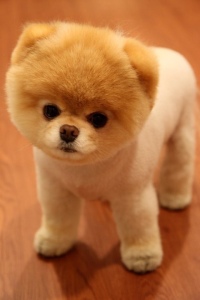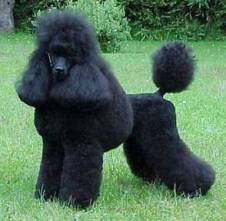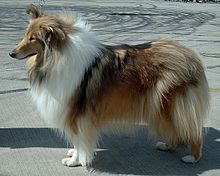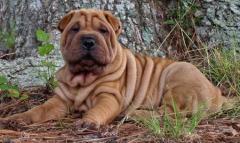There are many reasons that a puppy may experience hair loss. In some cases it can be caused by an allergic reaction to food or its environment, while in other cases it could be because of a behavioral problem such as obsessive licking. If your puppy experiences hair loss, it is important to have it checked by a veterinarian so that the appropriate method of treatment can be prescribed as soon as possible.
Steroid Treatment
Steroids may be prescribed if your puppy is experiencing hair loss brought on by allergies, a parasitic infection, a reaction in the skin caused by sun exposure, or because of a failure in the sebaceous glands.
Medicated Shampoo Treatment
Most diseases and skin disorders characterized by redness, scaling and itching can be treated with medicated shampoo. These include parasitic infections such as ringworm, failure of the sebaceous glands and hereditary diseases that cause a loss of all dark and black hair. Allergies, oily or greasy skin, and certain kinds of tumors, such as testicular ones, may also cause hair loss in areas that can be treated with medicated shampoo.
Treatment for Underlying Disease
Often, to clear up skin disorders, you must combat an underlying disease first. Diabetes, hormonal abnormalities, liver disease, cancer and hypothyroidism can all lead to skin disorders and hair loss as they progress.
Antibiotic Treatment
Some skin problems must be treated with antibiotics. Parasites such as ringworm and lice can be treated this way, as well as sarcoptic mange, pressure sores and infections of the hair follicles.
Other Types of Treatment
Some disorders that cause hair loss in puppies must be treated in a way unique to the disorder. If a puppy loses its hair because of food or environment allergies, you must change its diet, bedding and crate area until the problem is cleared up. If your puppy has a problem with excessive licking, you will need to try behavior modification techniques to break him of this. You may also need to use a collar so that he cannot lick themselves further.



